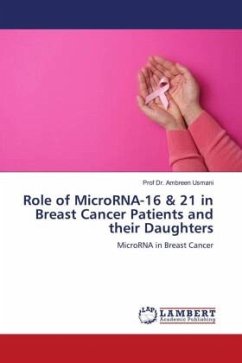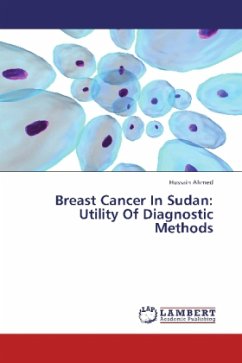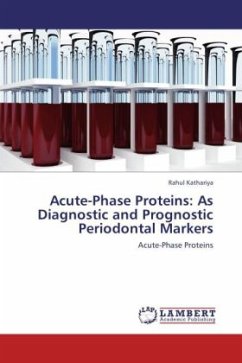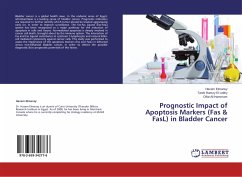The development and progression of colonic carcinogenesis are known to be caused by the accumulation of cancer related genetic alterations.These alterations affect the expression of a variety of downstream genes, including those involved in regulating the cell cycle, apoptosis, adhesion, and angiogenesis.p53 overexpression is a late event in colorectal tumorigenesis and can be used as a marker of the risk of malignant transformation of advanced colorectal adenoma.bcl-2 may play an important role in the early stage of the adenoma-carcinoma sequence. PCNA expression is sequentially increased during neoplastic progression from normal colonic tissue into adenoma then carcinoma and plays an important role in colorectal carcinogenesis. ER and PR may play a role in colorectal carcinogenesis.Intratumoral quantification of CD34 expression in colorectal carcinoma reflects the grade of tumors and can predict lymph node involvement and lymphovascular permeation.MMP-7 plays an important role in the growth and malignant conversion of colorectal adenomas and might play an essential role in disease progression and lymph node metastasis of colorectal cancer.
Bitte wählen Sie Ihr Anliegen aus.
Rechnungen
Retourenschein anfordern
Bestellstatus
Storno








